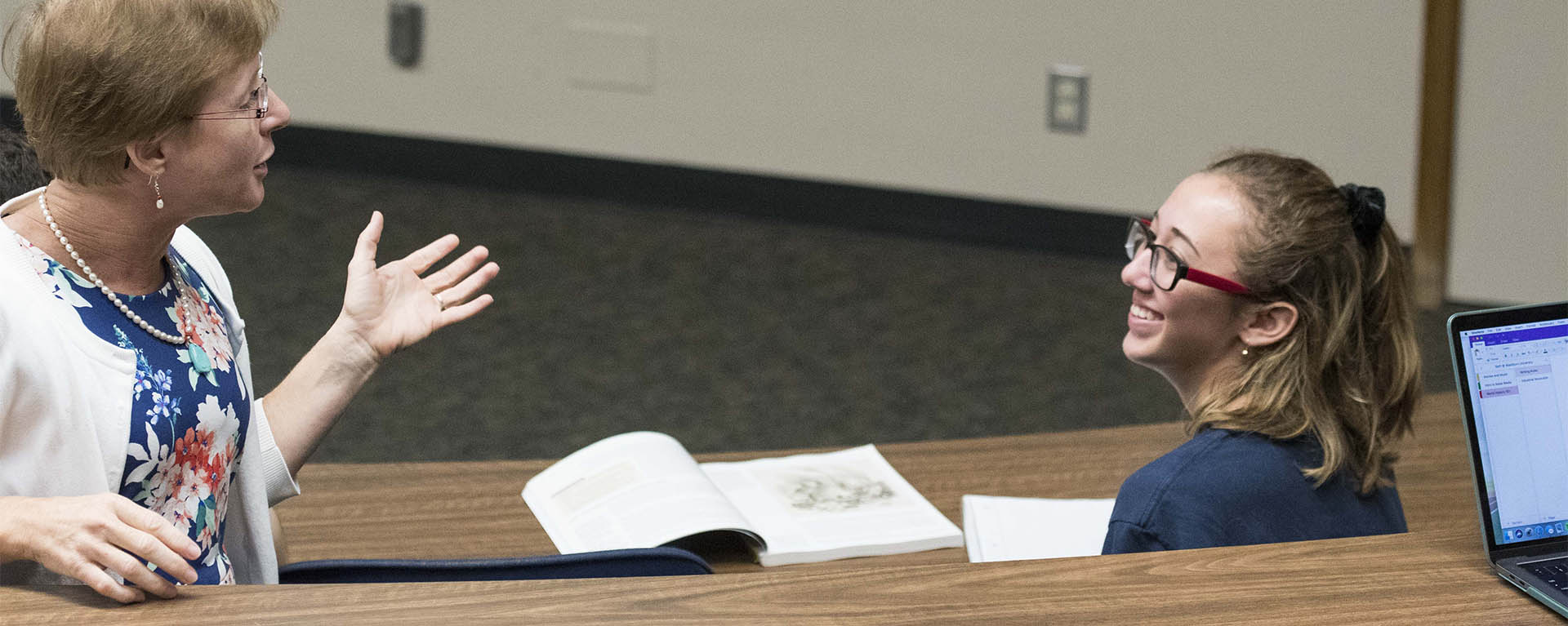
Education Department Student Learning Outcomes
All Washburn University professional education candidates, upon graduation, are expected to have:
- Demonstrated the ability to use the central concepts, tools of inquiry, and structures of each discipline he or she teaches and create opportunities that make these aspects of subject matter meaningful for all students;
- Demonstrated an understanding of how individuals learn and develop intellectually, socially, and personally and provide learning opportunities that support this development;
- Demonstrated the ability to provide different approaches to learning and create instructional opportunities that are equitable, that are based on developmental levels, and that are adapted to diverse learners, including those with exceptionalities;
- Acquired the ability to understand and use a variety of appropriate instructional strategies to develop various kinds of students' learning including critical thinking, problem solving, and reading;
- Acquired the ability to understand individual and group motivation and behavior as a means to create a learning environment that encourages positive social interaction, active engagement in learning, and self-motivation;
- Used a variety of effective verbal and non-verbal communication techniques to foster active inquiry, collaboration, and supportive interaction in the classroom;
- Planned effective instruction based upon the knowledge of all students, community, subject matter, curriculum outcomes, and current methods of teaching reading;
- Acquired the ability to understand and use formal and informal assessment strategies to evaluate and ensure the continual intellectual, social, and other aspects of personal development of all learners;
- Evaluated the effects of his or her choices and actions on others (students, parents, and other professionals in the learning community), actively seek out opportunities to grow professionally, and participates in the school improvement process (Kansas Quality Performance Accreditation [QPA]);
- Fostered collegial relationships with school personnel, parents, and agencies in the larger community to support all students' learning and well-being;
- Demonstrated the ability to integrate across and within content fields to enrich the curriculum, develop reading and thinking skills, and facilitate all students' abilities to understand relationships between subject areas;
- Acquired the ability to understand the role of technology in society and demonstrates skills using instructional tools and technology to gather, analyze, and present information, enhance instructional practices, facilitate professional productivity and communication, and help all students use instructional technology effectively; and
- Used the historical, philosophical, and social foundations of education to guide educational practices.
GET IN TOUCH WITH Department of Education
Department of Education
Carnegie Hall, Room 202
1700 SW College Ave.
Topeka, KS 66621
Phone & Email
Phone: 785.670.1427

